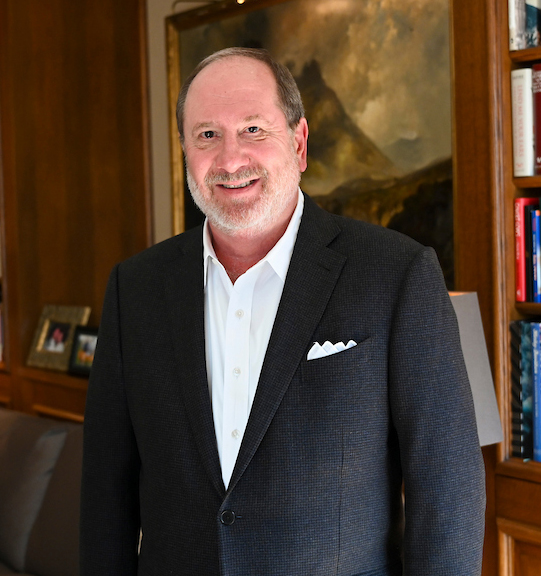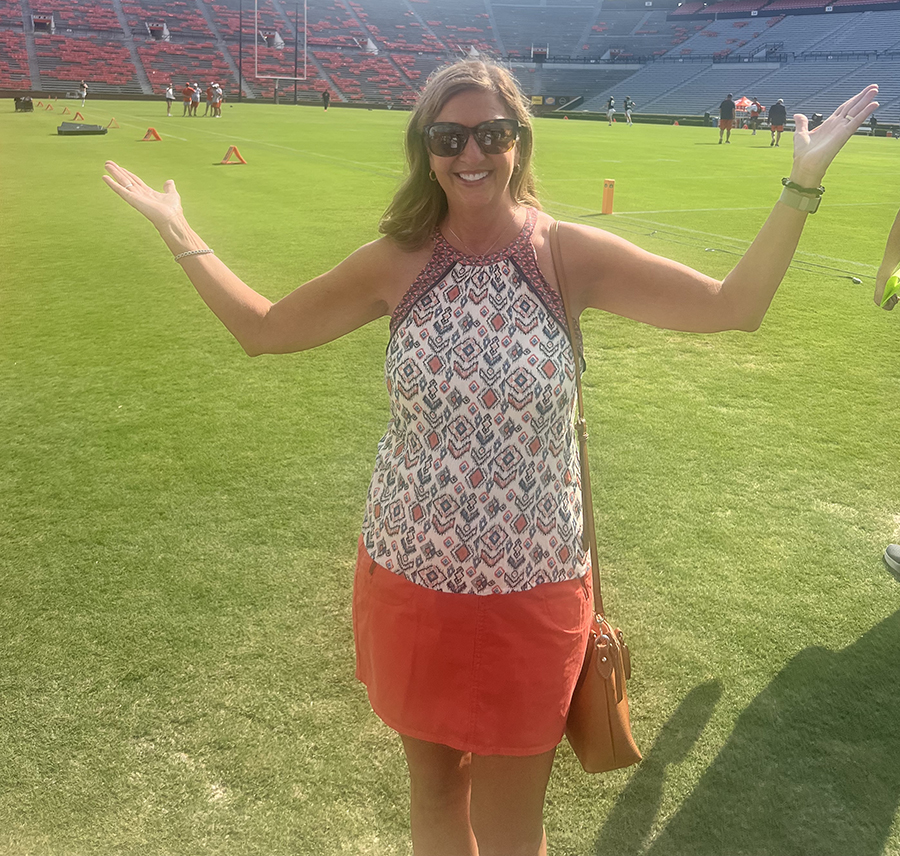“You can know every legal provision on the planet, but it’s not worth a lot unless
you can apply those provisions to your clients’ unique business circumstances. For
me, that means I need to understand the business side of our clients’ operations.”
— Daniel
McCarty, 2011 Harbert College graduate and Associate at Eversheds Sutherland in New
York City
Daniel McCarty didn’t take the traditional route from the hills of Anniston, Ala., to the job of corporate attorney amid the skyscrapers of New York City. He studied business first.
 |
Daniel McCarty uses business lessons learned in the Harbert College toward legal work
in New York City.
|
“This may sound obvious, but a fundamental tenet of practicing corporate law is understanding
your clients’ business,” said McCarty, who earned a degree in Economics from the Harbert College in 2011. “You can know every legal provision on the planet, but it’s not worth a
lot unless you can apply those provisions to your clients’ unique business circumstances.
For me, that means I need to understand the business side of our clients’ operations."
“The vast majority of lawyers have never taken an accounting course,” said McCarty,
who received his juris doctorate at the University of Miami School of Law and earned
a master of law in taxation from New York University.
“If you’re a business major at Auburn, you take financial accounting I and II, managerial
accounting, economics, and finance courses, just to name a few. That’s been invaluable
to me as I help clients navigate some very complex issues.”
Today, McCarty is guiding clients throughout the U.S. insurance regulatory landscape
as an associate at Eversheds Sutherland, a full-service law firm with over 3,000 attorneys
in 32 jurisdictions across the globe.
“Most of the clients I work with are involved, to some degree, in insurance, and more
specifically most are either property and casualty or life insurers,” he said. “Our
group is fortunate to be able to advise a number of interesting and diverse clients—ranging
from some of the largest global insurers to the newest startups—on a broad range of
issues.
"The legal world is riddled with disruptions, not just day to day, but also state
to state. What’s aboveboard in Connecticut might not work in Arkansas. Insurance is
regulated by the states. There is no federal regulator. What that means is each jurisdiction—56
in total if you include the states, territories, and D.C —has its own interpretation
of what is permissible. For a new insurance product, for example, that means 56 different
sets of regulations must be assessed in order to bring a national product to market.
It’s never boring.”
Aside from regulatory changes among states, COVID-19 is changing the way many corporations
and law firms do business, McCarty said. “Many of our clients needed to adapt not
only to the regulatory changes that were prompted by COVID-19, but also to a new environment
that takes into account the significant economic and health issues associated with
it. Fortunately, most of us have now acclimated to the new reality,” he said. “I’m
very grateful to have the opportunity to work remotely. I think most of us in the
financial services sector are very thankful for that capability.”


 Degrees & Programs
Degrees & Programs
 Faculty & Staff
Faculty & Staff
 Career Development
Career Development
 Recruiters & Industry
Recruiters & Industry




